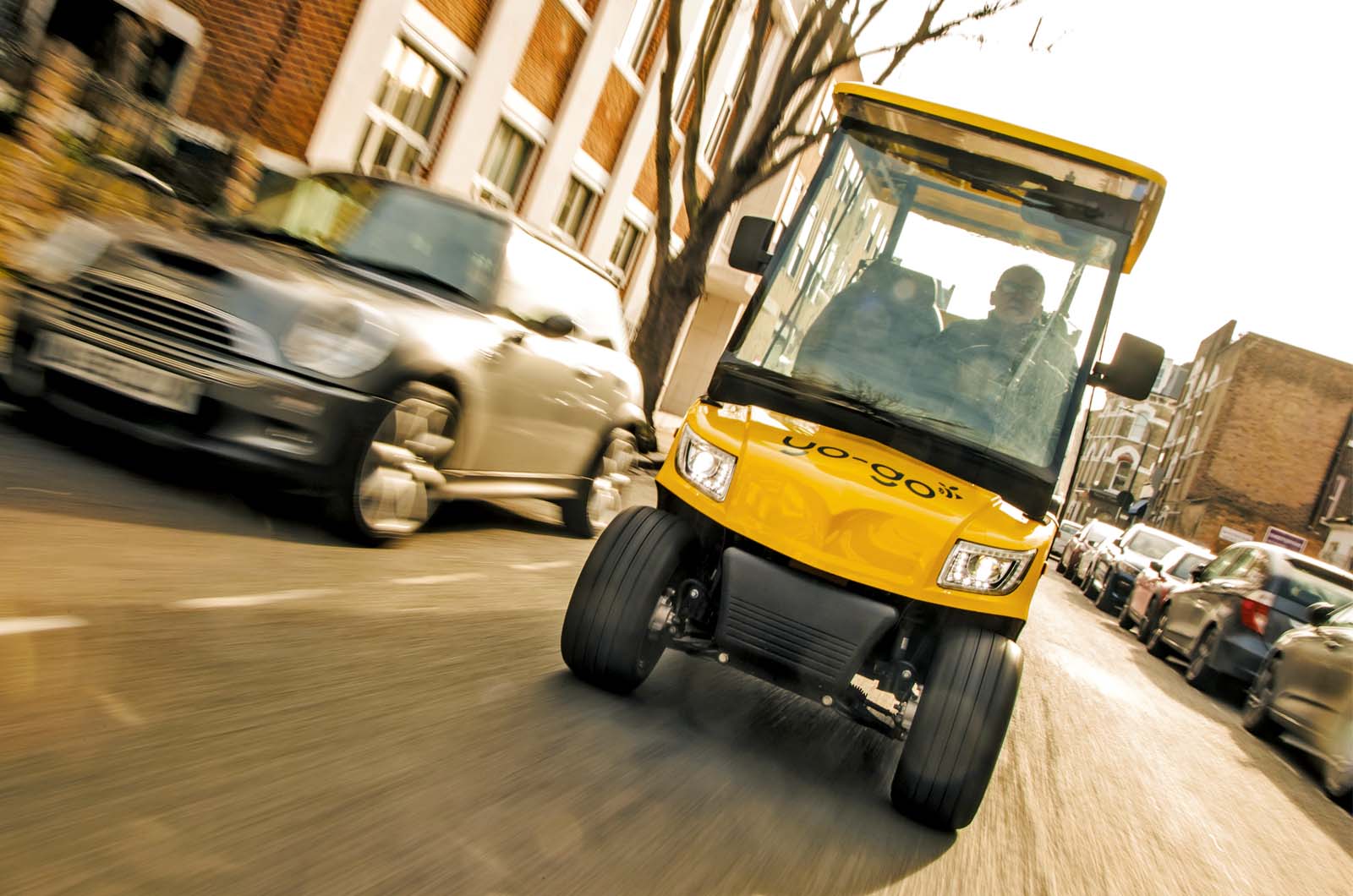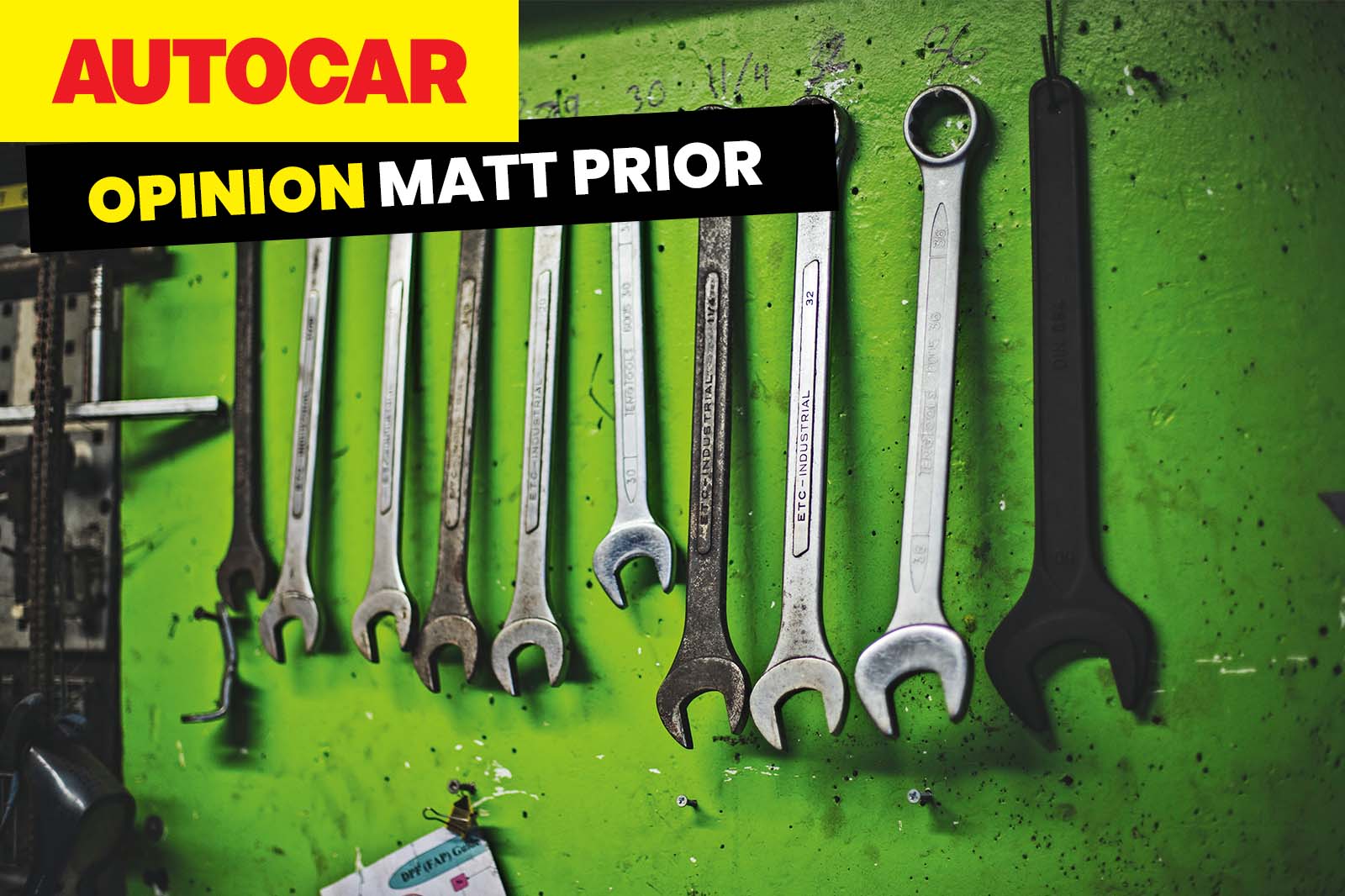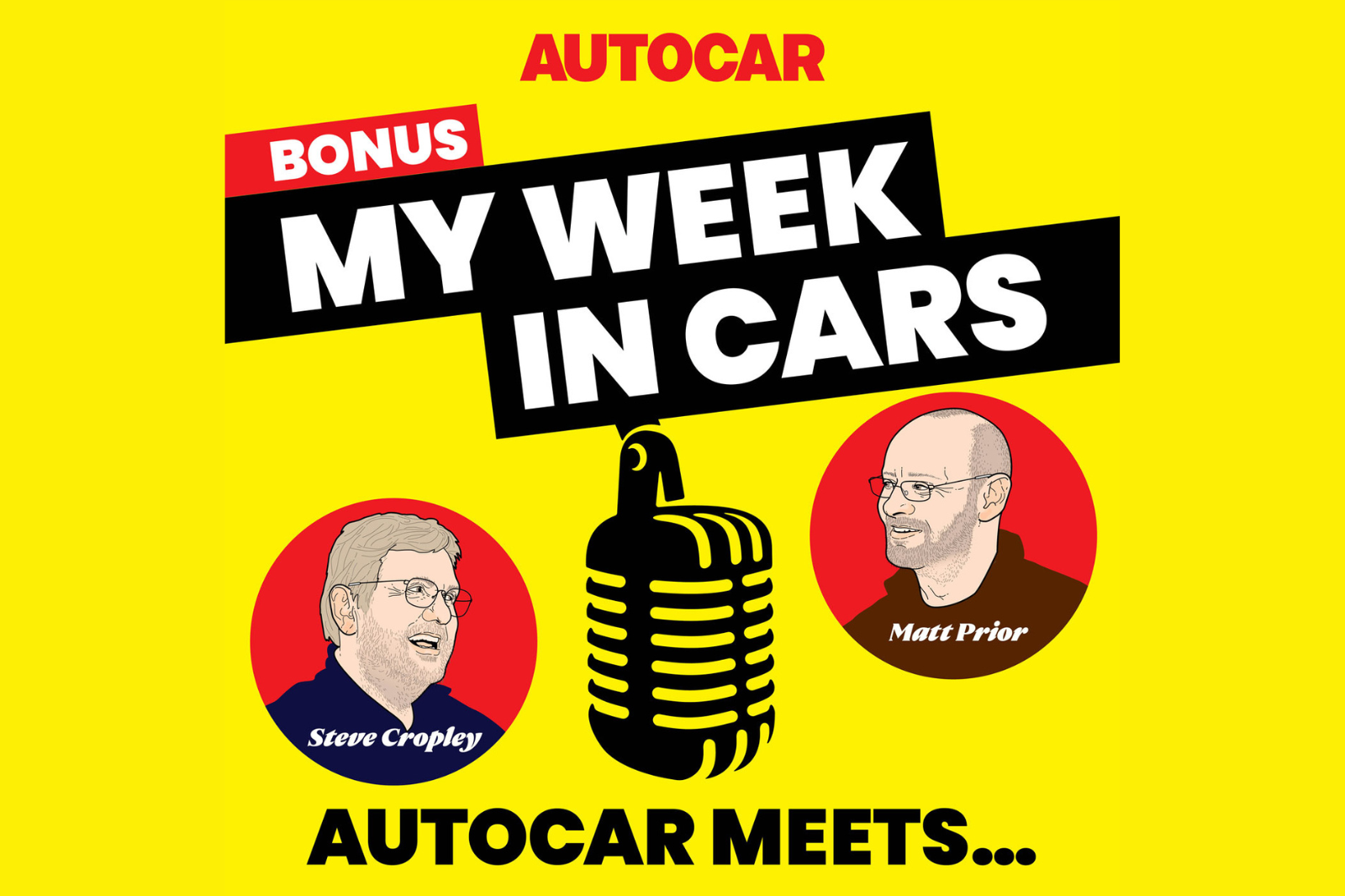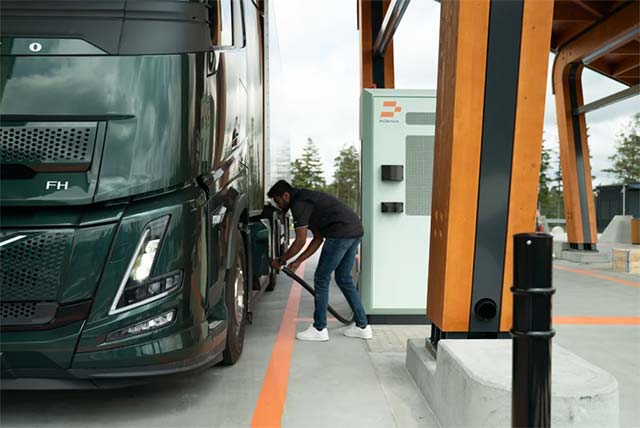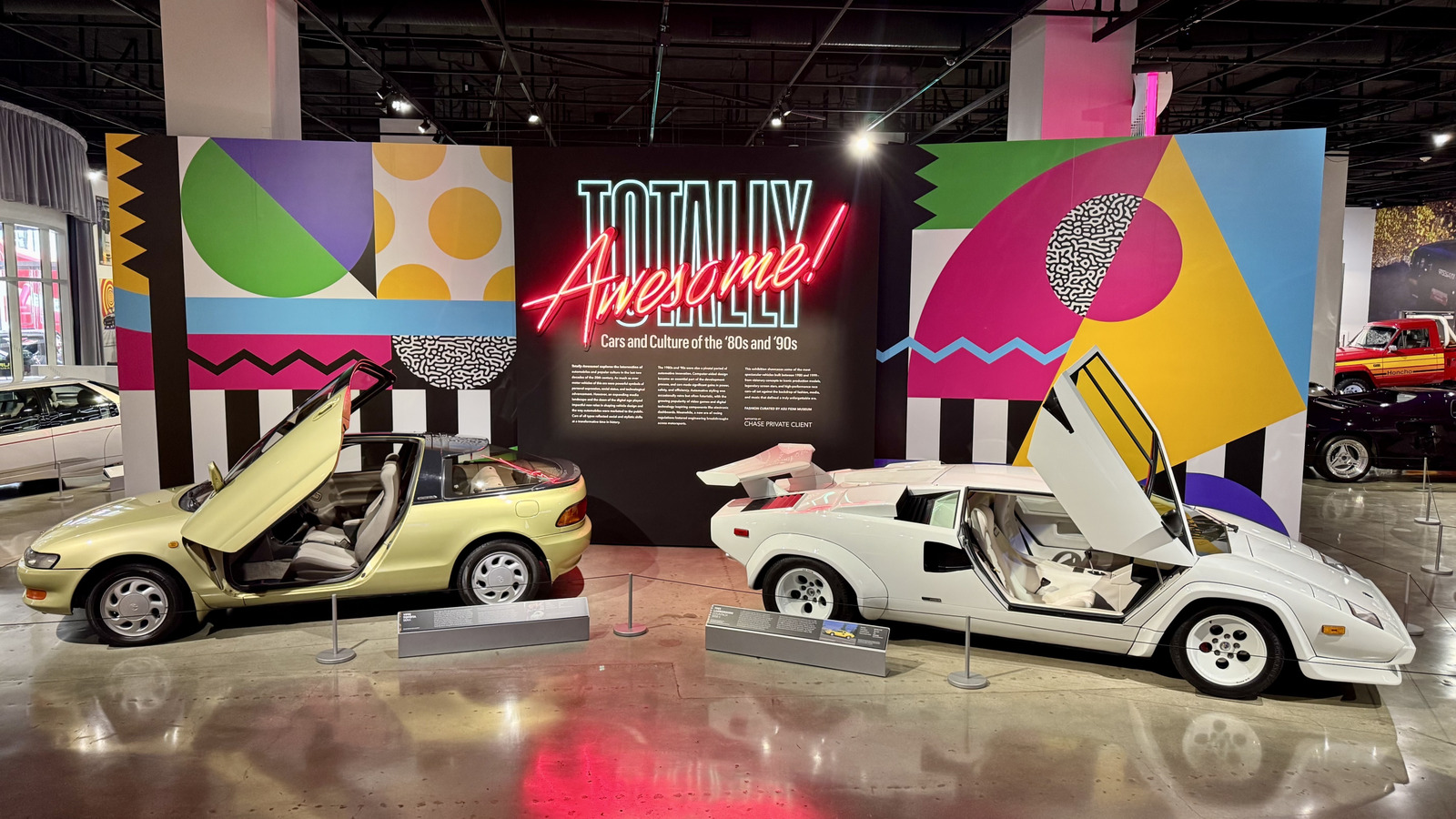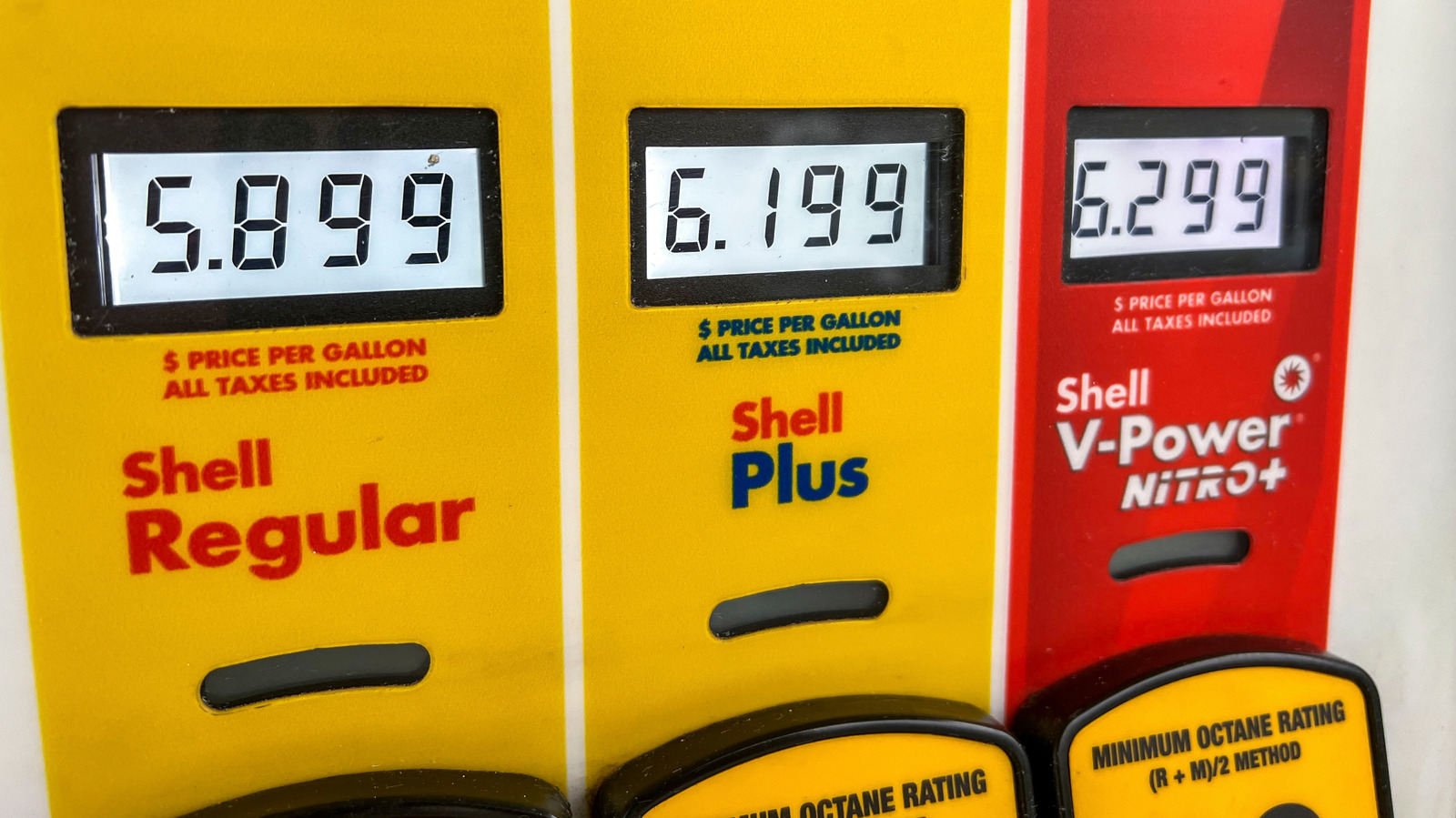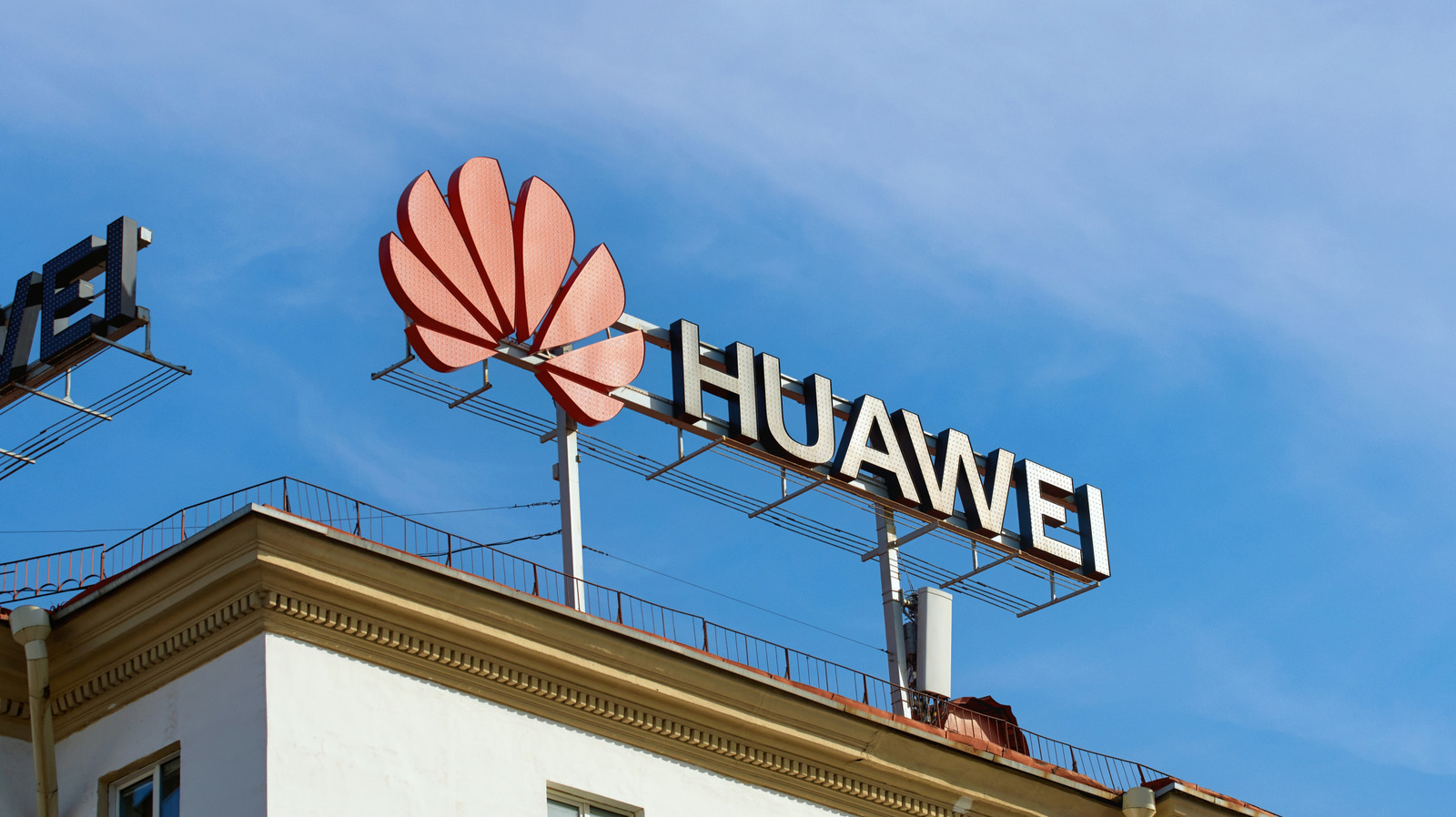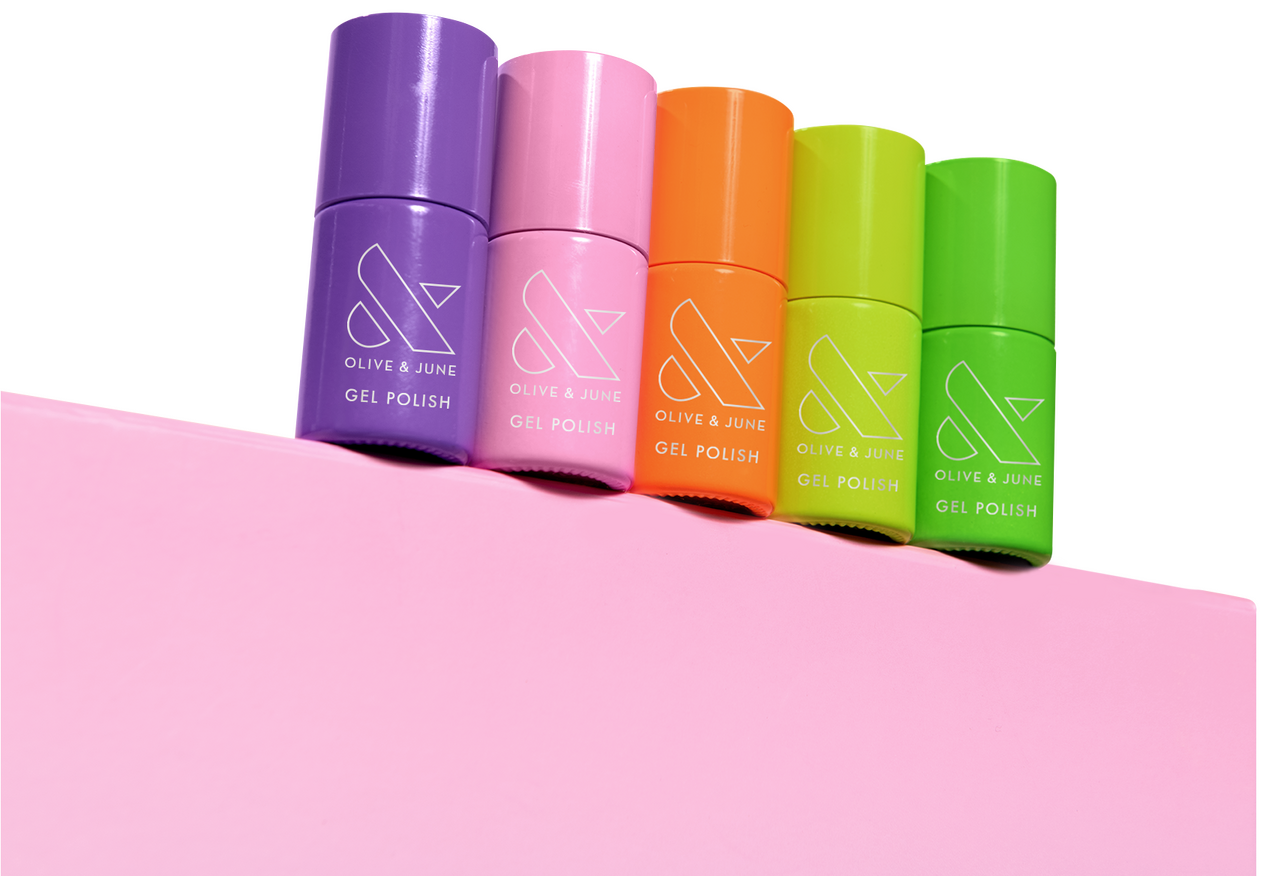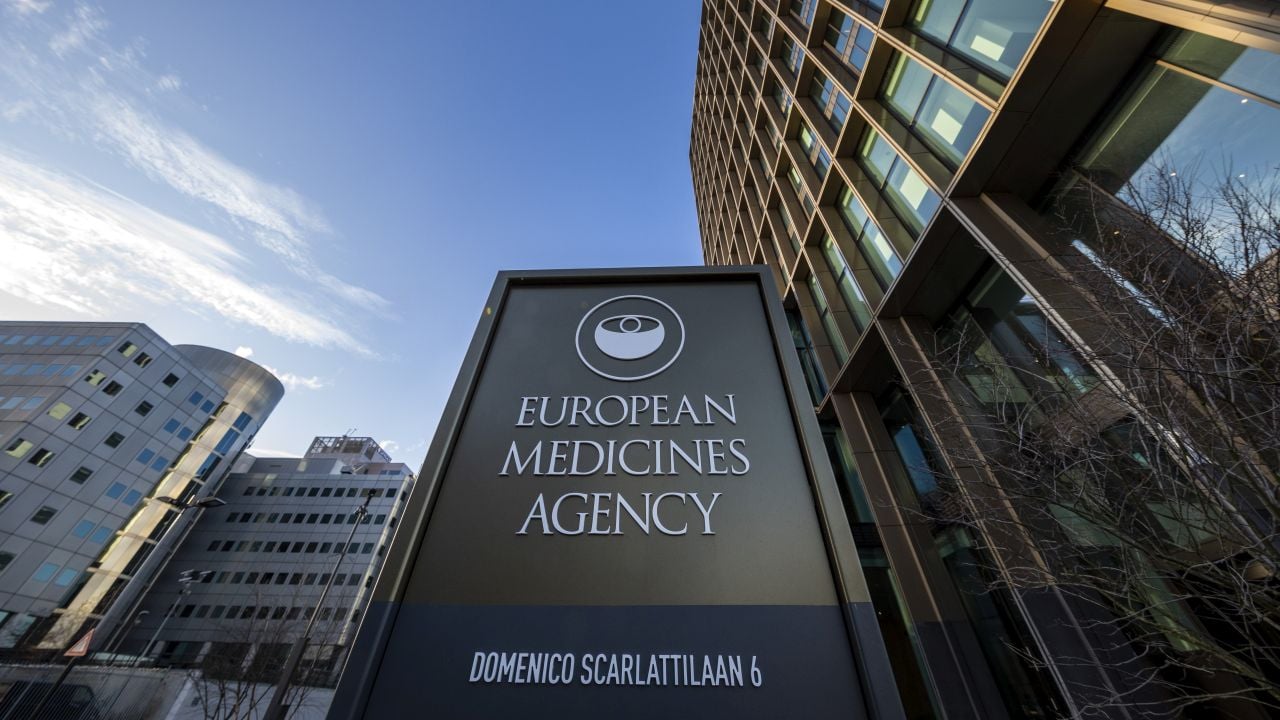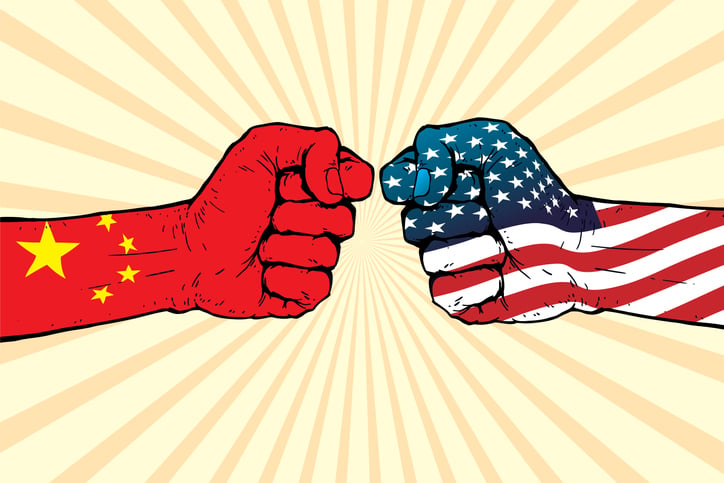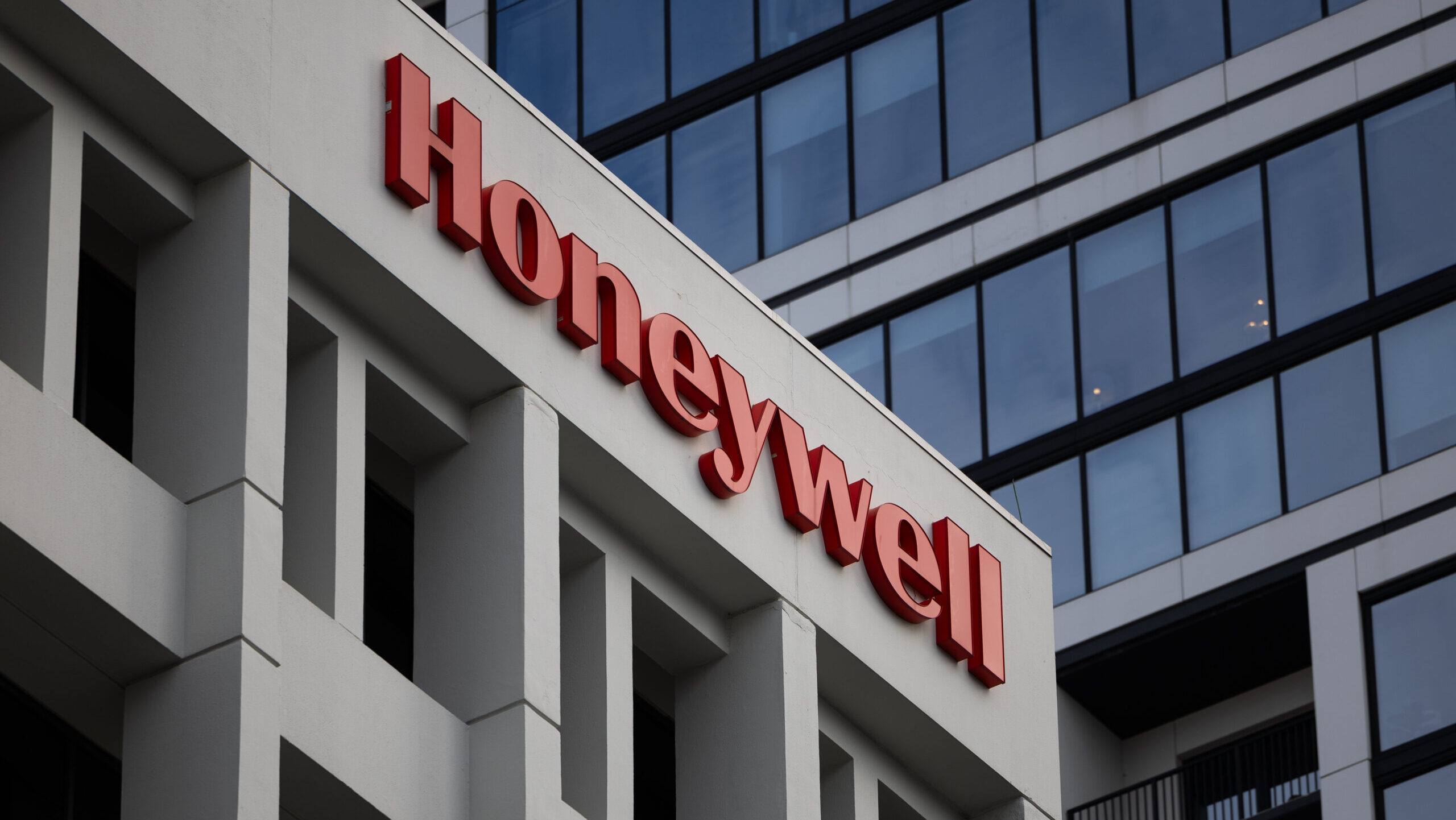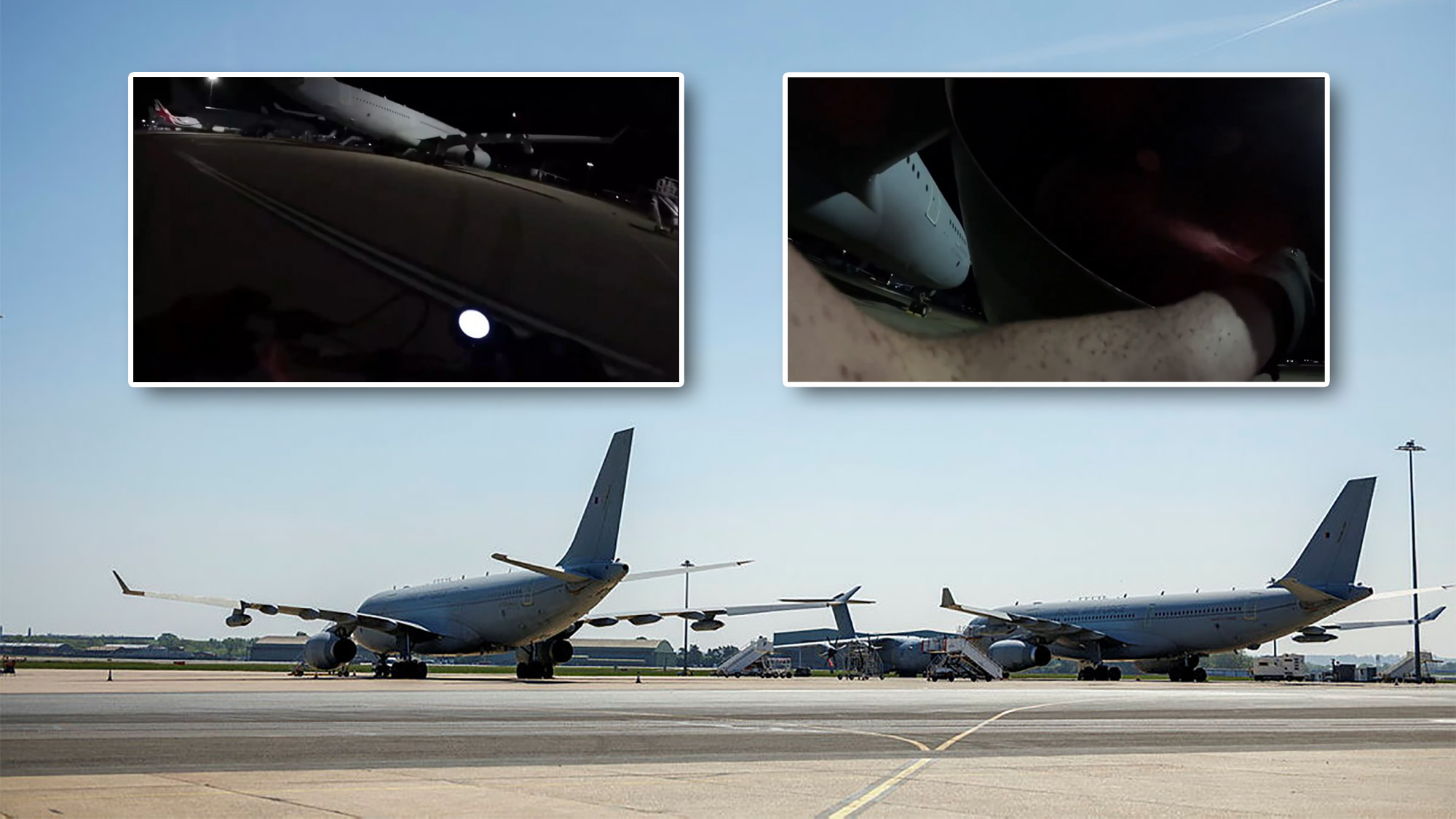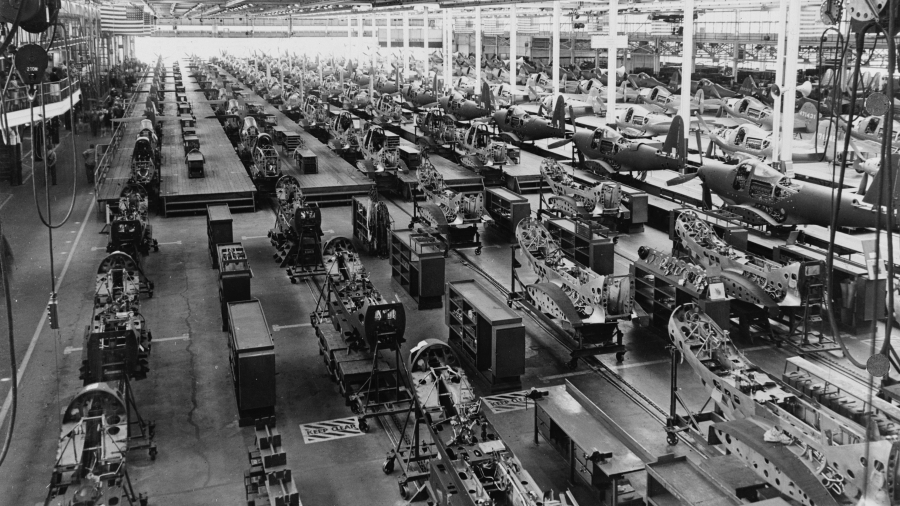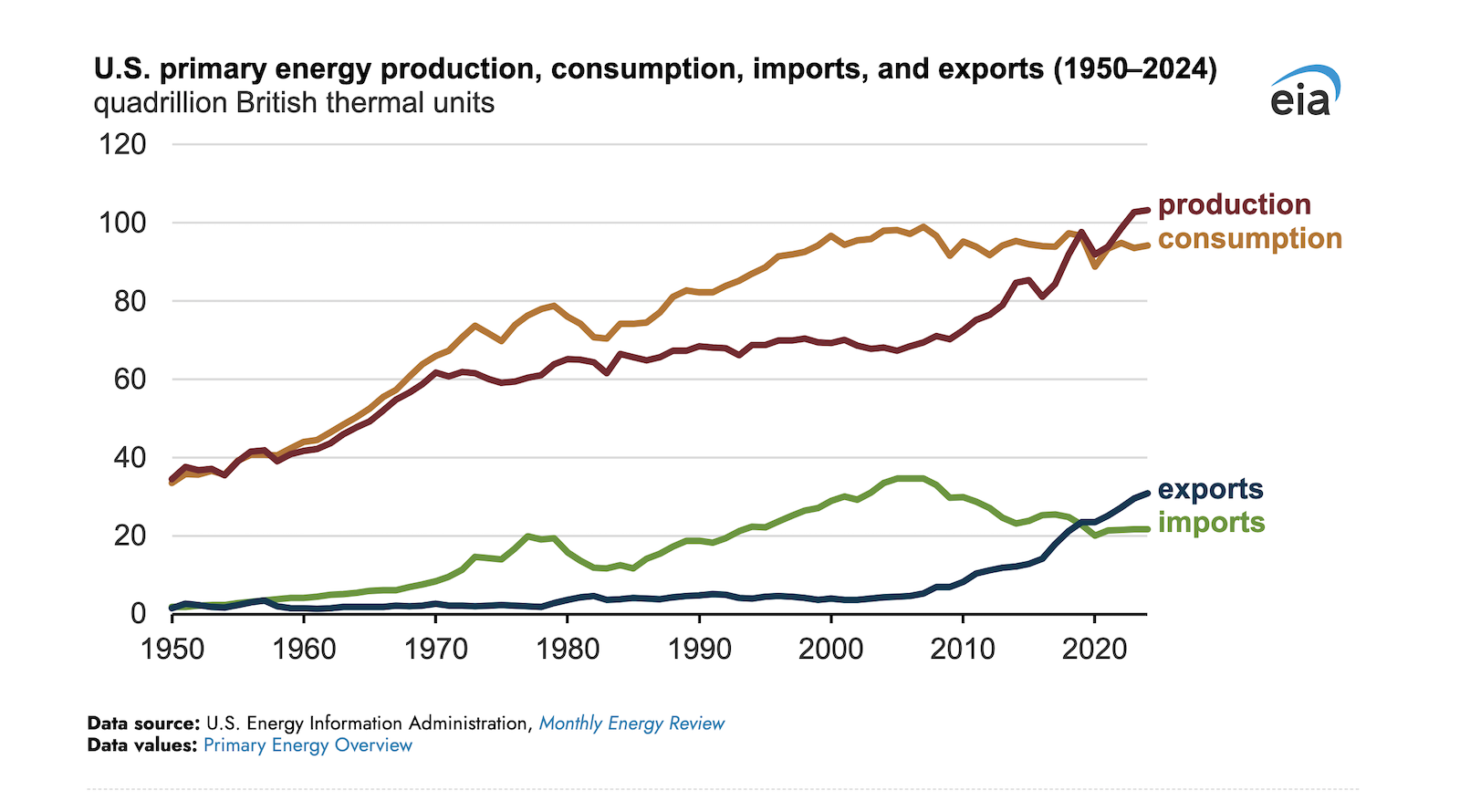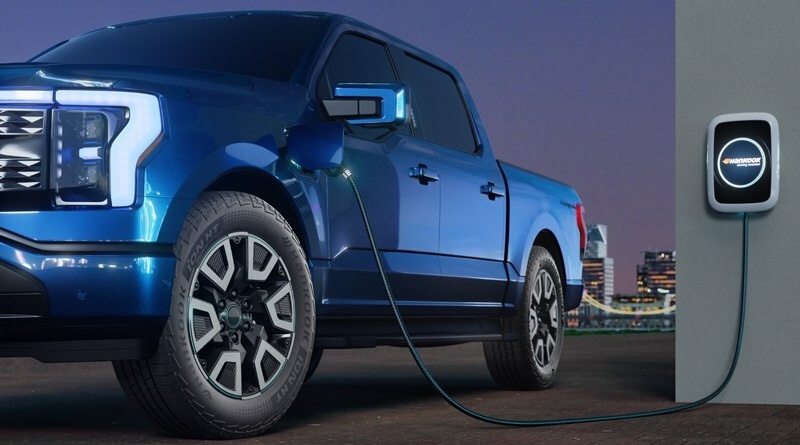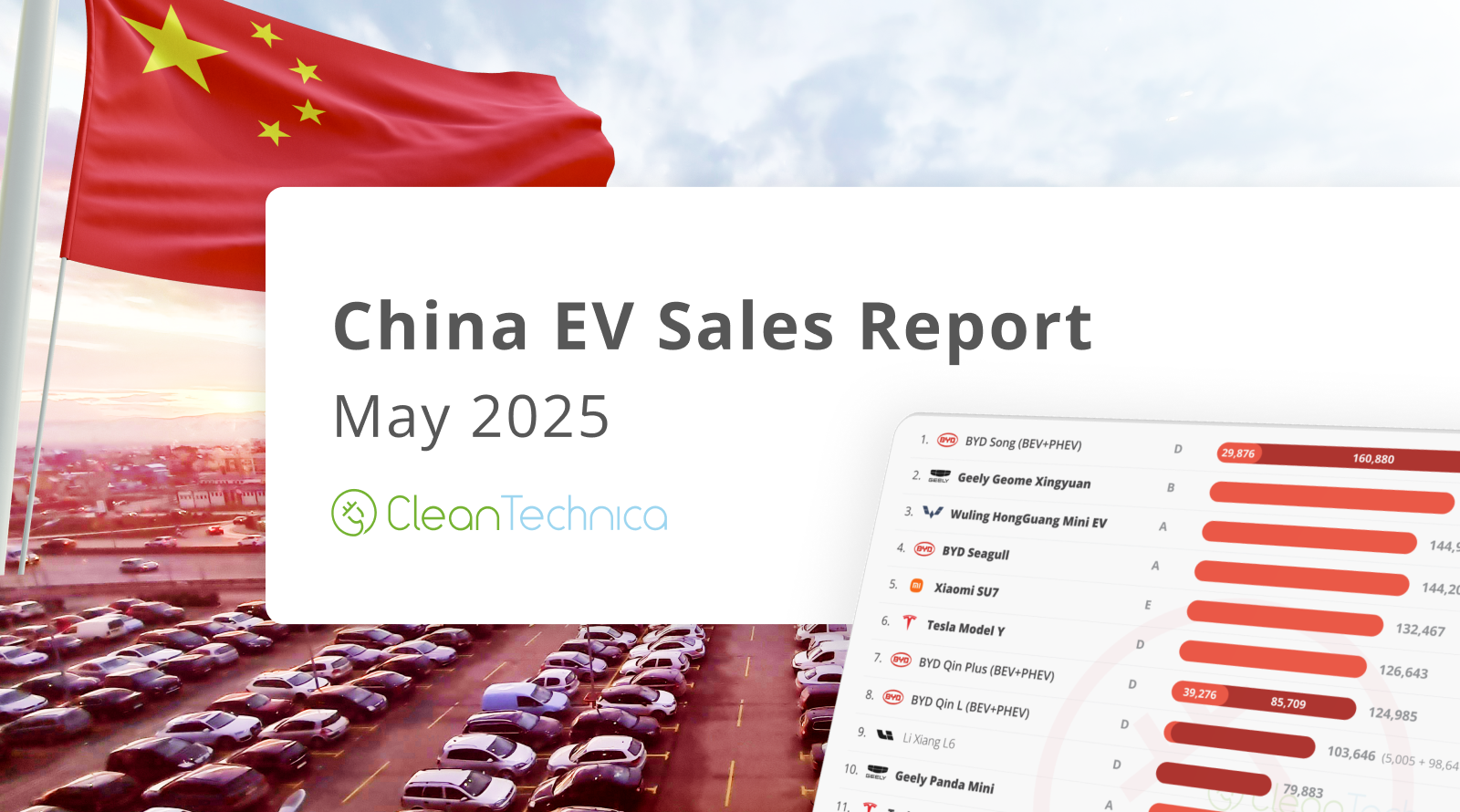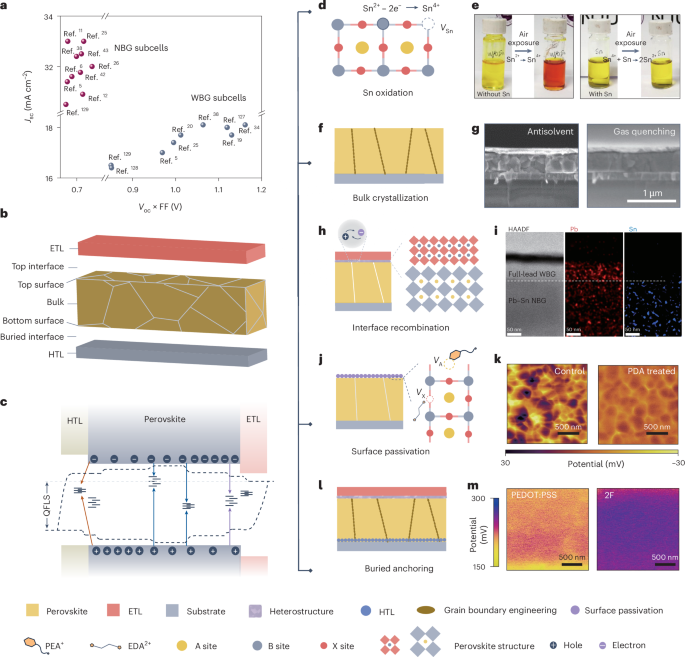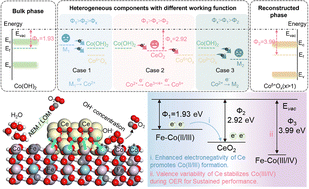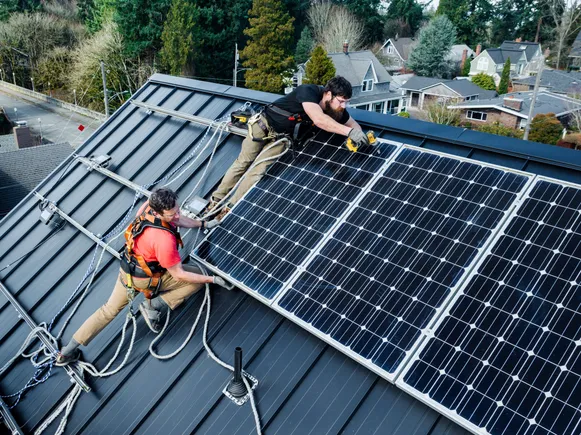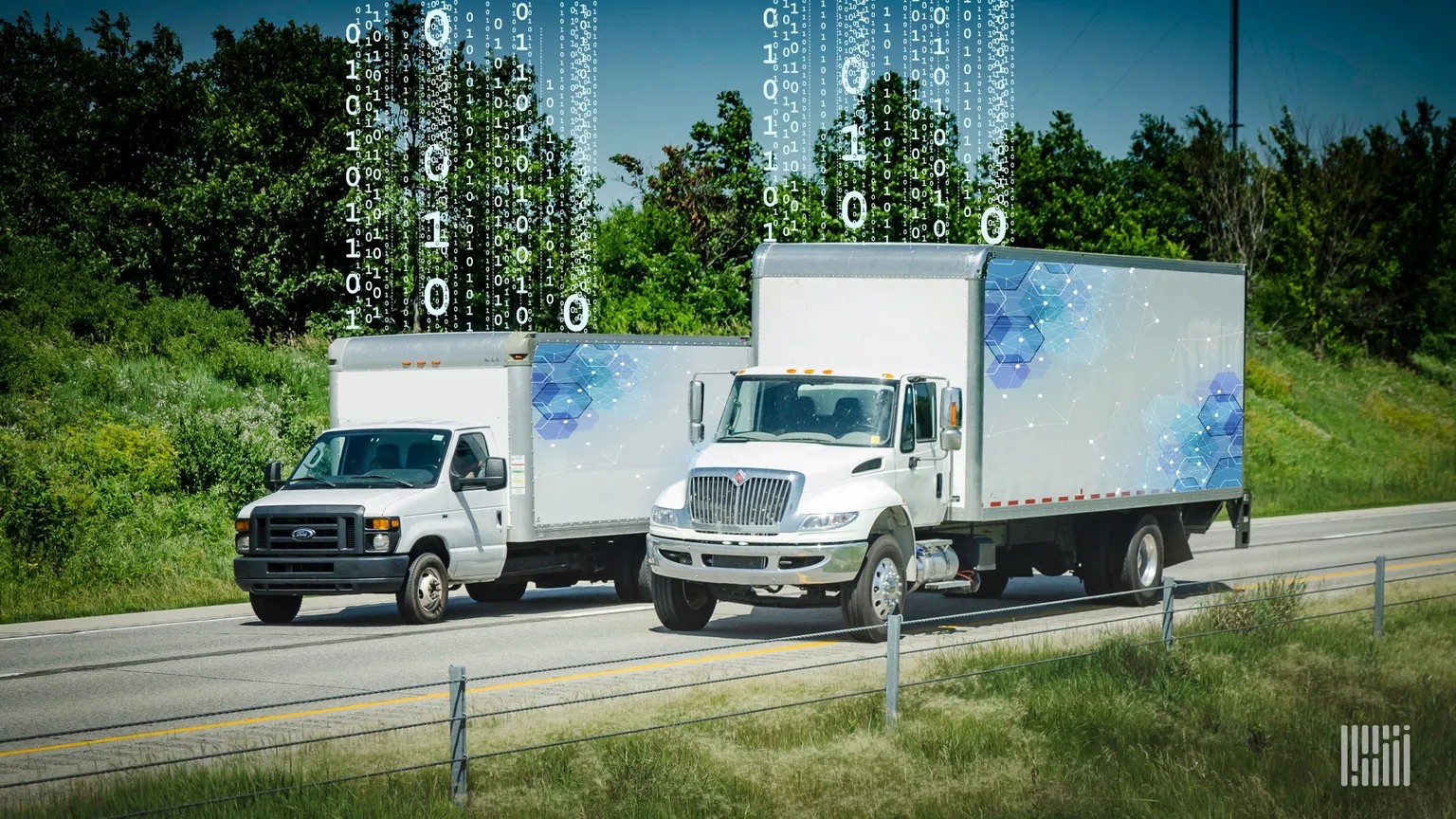SCOTUS decision on California Clean Cars waiver could have benefit to trucking later
A procedural decision in a case involving a California rule impacting cars may ultimately play a factor in trucking regulation. The post SCOTUS decision on California Clean Cars waiver could have benefit to trucking later appeared first on FreightWaves.

The battle over California’s ability to craft its own environmental regulations through the pathway of waivers from the Environmental Protection Agency was the background of an issue the Supreme Court ruled on Friday, but the high court’s ruling was more procedural than substantive on regulatory lawmaking.
However, the heart of the decision involving the ability of an outside company to have standing in a legal battle over a government regulatory action may ultimately benefit the trucking industry.
The Supreme Court overruled a case from the District of Columbia Circuit Court that had tossed out a challenge to the waiver granted to California by the Environmental Protectoin Agency (EPA) so it could implement Clean Cars 1. Clean Cars 1 was the first set of regulations promulgated by the California Air Resources Board to put the state on a path to a cleaner fleet. It was followed by Clean Cars 2, whose future is in doubt following Congressional action to revoke the waivers granted for it, the Advanced Clean Trucks rule and the Omnibus nitrogen oxide (NoX) rule.
Clean Cars 1 only ran through the 2025 model year and required a certain percentage of ZEVs in the fleets sold into California, at a less stringent requirement than the now-hobbled Clean Cars 2.
But the rule also required reductions in greenhouse gas emissions, which would outlast the 2025 model year.
Volatile history for the waiver
The EPA waiver that permitted Clean Cars 1 had a back and forth history. The Obama administration approved it in 2013; the first Trump administration killed it in 2019. The Biden administration put it back in place in 2022.
It was that latter action that Diamond Alternative Energy, a renewable liquid fuels producer that is a subsidiary of giant refinery Valero Energy (NYSE: VLO), challenged in the D.C. Circuit Court. There were numerous other plaintiffs, including the American Fuels and Petrochemical Manufacturers, the trade group for the nation’s petroleum and petrochemical refiners.
That lower court agreed with the argument put forth by California that Diamond Alternative did not have standing in the case.
Diamond’s argument, according to the Supreme Court opinion’s summary of the case’s history, was that “the regulations did not target a local California air-quality problem–as they say is required by the Clean Air Act–but instead were designed to address global climate change.”
It also argued that a regulation designed to move automobile transportation away from liquid fuel-powered internal combustion engines and toward a zero emission vehicle fleet would damage its business.
The court’s decision, written by Justice Brett Kavanaugh, did not rule on that question of the EPA’s action in granting the waiver. It focused solely on whether Diamond Offshore could bring the suit.
California’s counter-argument was that evidence of a trend toward ZEVs was ongoing regardless of the Clean Cars 1 rule and that any damage to demand was largely baked into the market because of that trend.
The 7-2 vote on the court sided with Diamond Alternative that it was an affected party by the California rule. “EPA’s approval authorized California and 17 other states to enforce regulations requiring lower emissions and vehicle electrification, thereby reducing liquid fuel purchases,” the decision said. “The regulations likely cause the fuel producers’ monetary injuries because reducing gasoline and diesel fuel consumption is the whole point of the regulations.”
Where it might matter later
Although the litigation involves cars and not trucks, Prasad Sharma, a partner in the Washington office of the trucking-focused Scopelitis law firm, said he believed the court’s decision could impact battles that trucking groups might take on against regulations that affect their industry.
Although the actions by Congress and President Trump to override the trio of the waivers granted to California on its surface seem to end the issue, the administration of Gov. Gavin Newsom is challenging the action in court.
And if the question comes back, Sharma said the judges’ decision Friday could ultimately be a big win.
“Trucking companies themselves may not be viewed as directly regulated by the regulation,” he said. “What I think the Supreme Court’s decision here kind of clarifies, is, look, if there are common sense implications or effects on downstream participants in the market that are common sense and predictable, then they have standing to challenge the regulation.”
The decision by the Supreme Court kicks the case back to the D.C. Circuit Court.
More articles by John Kingston
DAT and OTR, embroiled in dispute over factoring, reach settlement and end battle
Onstage in Chicago, CHRW talks tech and staffing; RXO sees language order hitting capacity
Logistics GDP share rose in ’24, not likely to drop: CSCMP report
The post SCOTUS decision on California Clean Cars waiver could have benefit to trucking later appeared first on FreightWaves.








